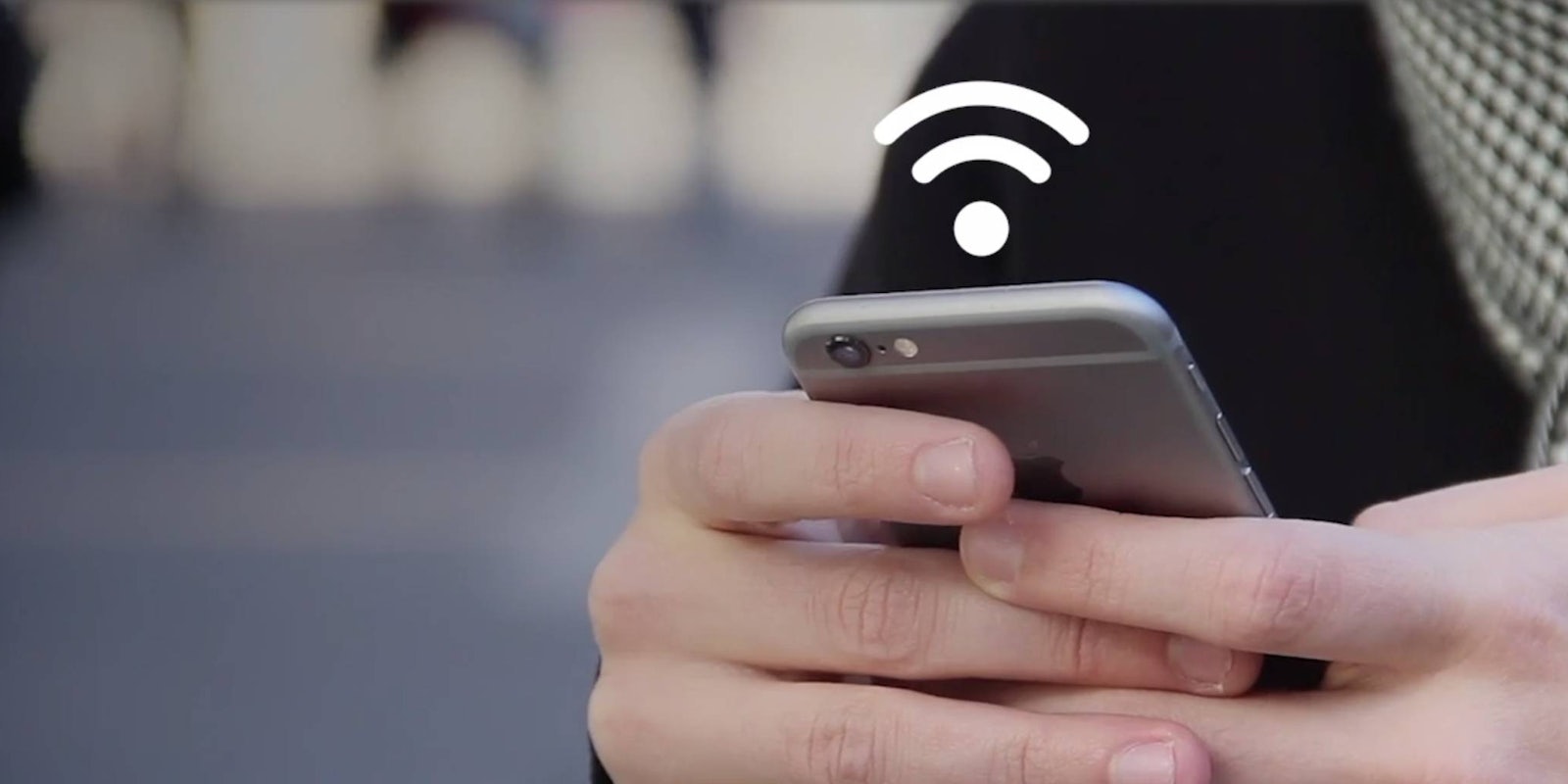Teach a man to fish, and he’ll feed himself for a lifetime. Give a man free internet access and, well, he’s going to look at porn.
The city of New York learned that lesson the hard way after rolling out a progressive initiative to transform old payphones into mobile hotspots. Launched in February, the kiosks offer Wi-Fi at a radius of over 150 feet, as well as two charging ports, a tablet for unlimited web browsing, and free domestic calls. The plan was to expand the program to 500 Links in the five boroughs by July and to at least 7,500 Links citywide within the next eight years.
Writing in the Daily Dot, NYC Mayor Bill de Blasio championed the plan: “This is a no-brainer for the city and our residents. Everybody benefits from upgrading our old payphones to something far newer, infinitely more useful, and 100-percent free.”
Links are popping up all over NYC! Take a look at the new locations here: https://t.co/4VRrdlqvV4 pic.twitter.com/xvxDFNDRic
— LinkNYC (@LinkNYC) August 16, 2016
Store owners and locals, however, have complained that the kiosks have become a public nuisance, with loiterers using the devices to watch YouTube, catch up on Netflix, and everything else you might expect. Councilman Corey Johnson told the New York Times he’s seen people watching porn on the screens with kids nearby.
“People are congregating around these Links to the point where they’re bringing furniture and building little encampments clustered around them,” Barbara A. Blair, president of a local business group in Manhattan, told the New York Times. “It’s created this really unfortunate and actually deplorable condition.”
LinkNYC network, the operator of the kiosks, is now shutting down its internet browsers. It’s a temporary move—the company will be working with the city on new preventative measures, based on community complaints—but it could have serious consequences. The kiosks were billed as “100-percent free” because the cost of installation and maintenance was supposed to be offset by the advertising the kiosks generate. It’s unclear how this setback will impact the project’s long-term finances.
People will still be able to connect to the free Wi-Fi in the interim. And while that will certainly be helpful for lost tourists and people in quick need of a charge, it won’t help close the digital divide in the streets of New York City.
H/T New York Times, Mashable


